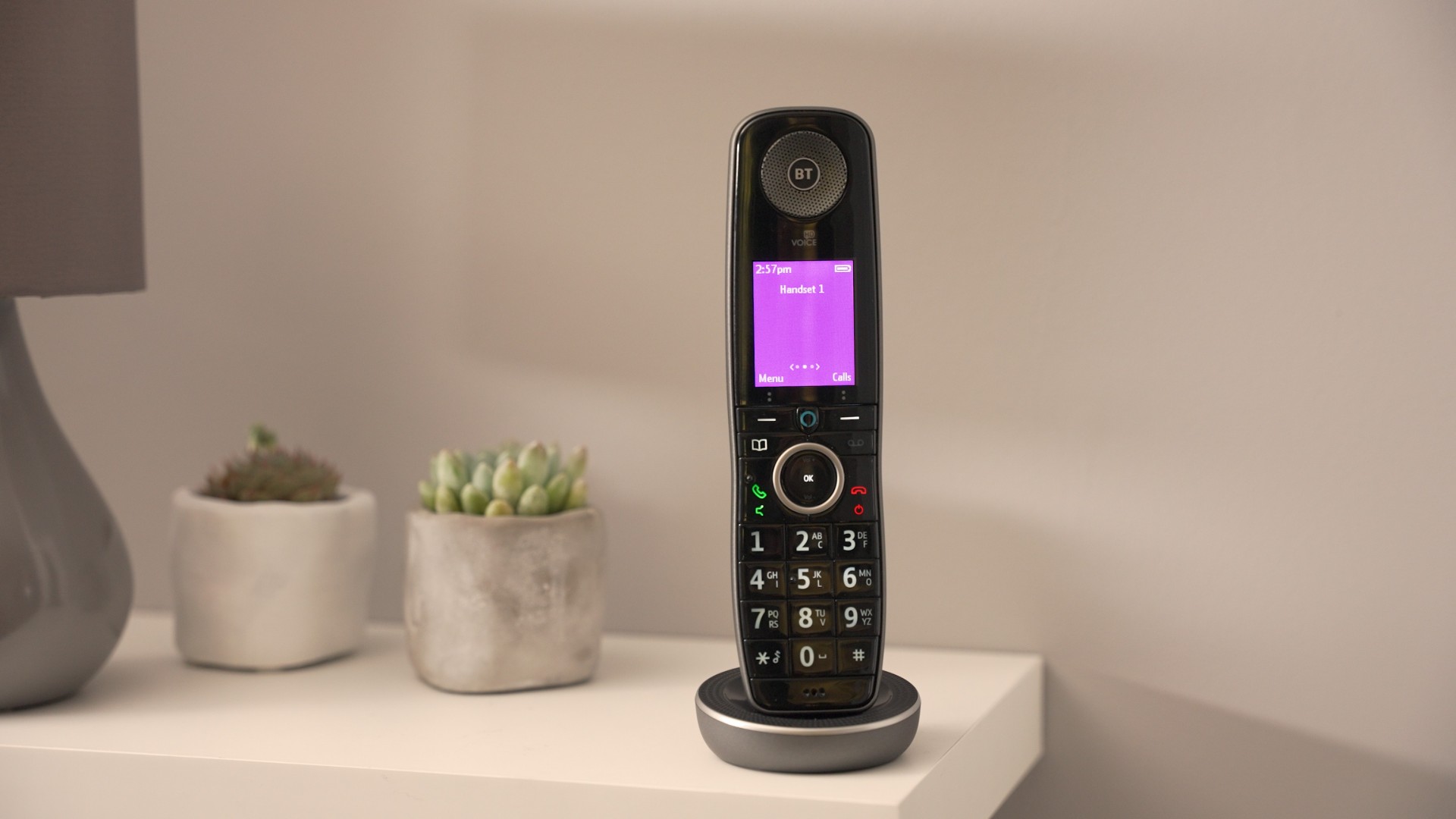I was about to renew my broadband contract and save a couple of quid a month but, when I was about to checkout, a window opened informing me that I would be receiving Digital Voice. I didn’t bother renewing for now and did a little digging on this and here’s what I found.
Apparently, everybody needs to move to Digital Voice by 2025 (even people without an internet connection). This is because, just like our TVs a few years ago, the telephone network is going digital. It all sounds very reasonable but….read on MacDuff…
You have to plug the phone in to the router BT provide or use an adaptor. It seems that ADSL filters will no longer be required. For structural reasons, my phone is nowhere near my router. I had to run about ten metres of cable to get the router to a power source. Those of us old enough to remember will know that the phone socket location never used to need to be situated anywhere near mains electricity. And, still wallowing in nostalgia, here’s something else I learned.…Because the phone (whether directly connected to the router or via an adaptor) is essentially being piggybacked on to broadband, guess what happens in a power cut? You lose your phone connection.
It used to be the case (and still is) that the phone network ran on banks of batteries so was not affected by any loss of mains electricity. And here’s something else. This loss of phone connection due to power loss includes 999 calls to the emergency services. The advice from BT? You’ll have to use a mobile. That’s all well and good if you have a mobile but there are still some of us who don’t use them. And what happens if a power cut includes the supply to phone masts? Some masts have backup sources but not all.
I’ve never liked the idea of a mobile phone containing all my data (banking, billing, credit cards etc) and I’ve never liked the idea of doing everything over the internet. Now, our last line of communication will be subjected to the same risk as we finally put every single egg we have all in one basket.
Imagine the chaos that could ensue when our paperless world is subjected to an energy crisis (crisis? what crisis?) and blackouts start occurring with a frightening regularity. No phone. No bank. No money. No TV. No fire brigade for your burning house (unless you have a mobile and are part of a network that has somehow survived the power cut)
The latest on Digital Voice.
By Marc Allera, CEO, Consumer division, BTLast year, we began our major rollout of Digital Voice – BT’s new home phone service that will mean calls are made over our new broadband network, rather than the old analogue network which is over 40 years old.Put simply, instead of plugging a home...

newsroom.bt.com
We’re almost there folks

P.S. I’ve decided not to renew my contract and take the financial hit of a slightly higher bill because I just don’t like where this is going.


